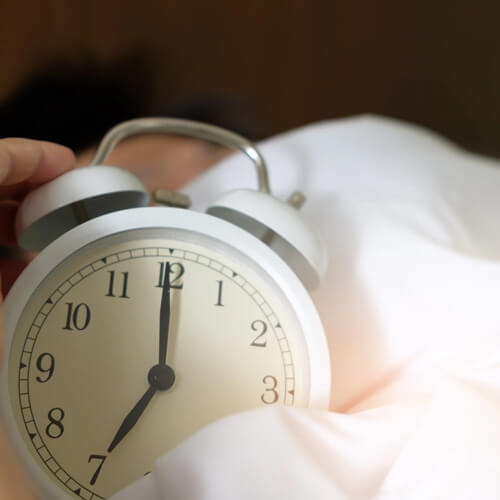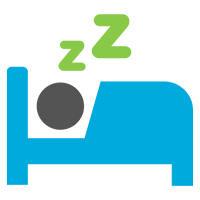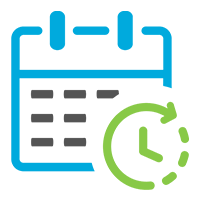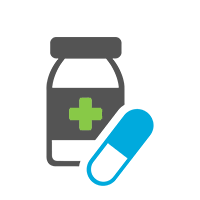Beware of Sleep Disorders

We sleep approximately 8h of each 24-h cycle, that is 1/3rd of our life, But sleep disorders are often neglected by patients and doctors compared to other medical illness, because
- Patients are often keeping the problem of sleep as a personal and private issue.
- They may be unaware of sleep disorder causing their abnormal movements at night, or of obstructive sleep apneas.
- Sleep-related symptoms are often attributed to be normal in life.
- ‘Tiredness’, may be thought to be due to old age, stress, shift work or overwork, rather than to a sleep disorder.
- Medical and other healthcare professionals are generally less aware of sleep.
- Doctors examine while the patient is awake so that direct observation of a sleep disorder by the doctor is unusual.
- Medical schools do not give importance to sleep disorders, because sleep medicine is a new science



Classification of sleep disorders: ICSD-2
There are eight main types of sleep disorders. Each type has sub-types as well.
- Adjustment Insomnia (Acute Insomnia)
- Psychophysiological Insomnia
- Paradoxical Insomnia
- Idiopathic Insomnia
- Insomnia Due to Mental Disorder
- Inadequate Sleep Hygiene
- Behavioral Insomnia of Childhood
- Insomnia Due to Drug or Substance
- Insomnia Due to Medical Condition
- Insomnia Not Due to Substance or Known Physiological Condition
- Unspecified (Nonorganic Insomnia, NOS)
- Physiological (Organic) Insomnia, Unspecified
- Central Sleep Apnea Syndromes
- Primary Central Sleep Apnea
- Central Sleep Apnea Due to Cheyne Stokes Breathing Pattern
- Central Sleep Apnea Due to High-Altitude Periodic Breathing
- Central Sleep Apnea Due to Medical Condition Not Cheyne Stokes
- Central Sleep Apnea Due to Drug or Substance
- Primary Sleep Apnea of Infancy (Formerly Primary Sleep Apnea of Newborn)
- Obstructive Sleep Apnea Syndromes
- Obstructive Sleep Apnea, Adult
- Obstructive Sleep Apnoea, Pediatric
- Sleep Related Hypoventilation/Hypoxemic Syndromes
- Sleep Related Nonobstructive Alveolar Hypoventilation, Idiopathic
- Congenital Central Alveolar Hypoventilation Syndrome
- Sleep Related Hypoventilation/Hypoxemia Due to Medical Condition
- Sleep Related Hypoventilation/Hypoxemia Due to Pulmonary Parenchymal or Vascular Pathology
- Sleep Related Hypoventilation/Hypoxemia Due to Lower Airways Obstruction
- Sleep Related Hypoventilation/Hypoxemia Due to Neuromuscular and Chest Wall Disorders
- Other Sleep Related Breathing Disorder
- Sleep Apnea/Sleep Related Breathing Disorder, Unspecified
- Narcolepsy With Cataplexy
- Narcolepsy Without Cataplexy
- Narcolepsy Due to Medical Condition
- Narcolepsy, Unspecified
- Recurrent Hypersomnia
- Kleine-Levin Syndrome
- Menstrual-Related Hypersomnia
- Idiopathic Hypersomnia With Long Sleep Time
- Idiopathic Hypersomnia Without Long Sleep Time
- Behaviorally Induced Insufficient Sleep Syndrome
- Hypersomnia Due to Medical Condition
- Hypersomnia Due to Drug or Substance
- Hypersomnia Not Due to Substance or Known Physiological Condition (Nonorganic Hypersomnia, NOS)
- Physiological (Organic) Hypersomnia, Unspecified (Organic Hypersomnia, NOS)
- Disorders of Arousal (From NREM Sleep)
- Confusional Arousals
- Sleepwalking
- Sleep Terrors
- Parasomnias Usually Associated With REM Sleep
- REM Sleep Behavior Disorder (Including Overlap Disorder and Status Dissociatus)
- Recurrent Isolated Sleep Paralysis
- Nightmare Disorder
- Other Parasomnias
- Sleep-Related Dissociative Disorders
- Sleep Enuresis
- Sleep-Related Groaning (Catathrenia)
- Exploding Head Syndrome
- Sleep-Related
Hallucinations
- Sleep-Related Eating Disorders
- Parasomnia, Unspecified
- Parasomnia Due to Drug or Substance
- Parasomnia Due to Medical Condition
- Restless Legs Syndrome
- Periodic Limb Movement Disorder
- Sleep-Related Leg Cramps
- Sleep-Related Bruxism
- Sleep-Related Rhythmic Movement Disorder
- Sleep-Related Movement Disorder, Unspecified
- Sleep-Related Movement Disorder Due to Drug or Substance
- Sleep-Related Movement Disorder Due to Medical Condition
- Long Sleeper
- Short Sleeper
- Snoring
- Sleep Talking
- Sleep Starts (Hypnic Jerks)
- Benign Sleep Myoclonus of Infancy
- Hypnagogic Foot Tremor and Alternating Leg Muscle Activation During Sleep
- Propriospinal Myoclonus at Sleep Onset
- Excessive Fragmentary Myoclonus





